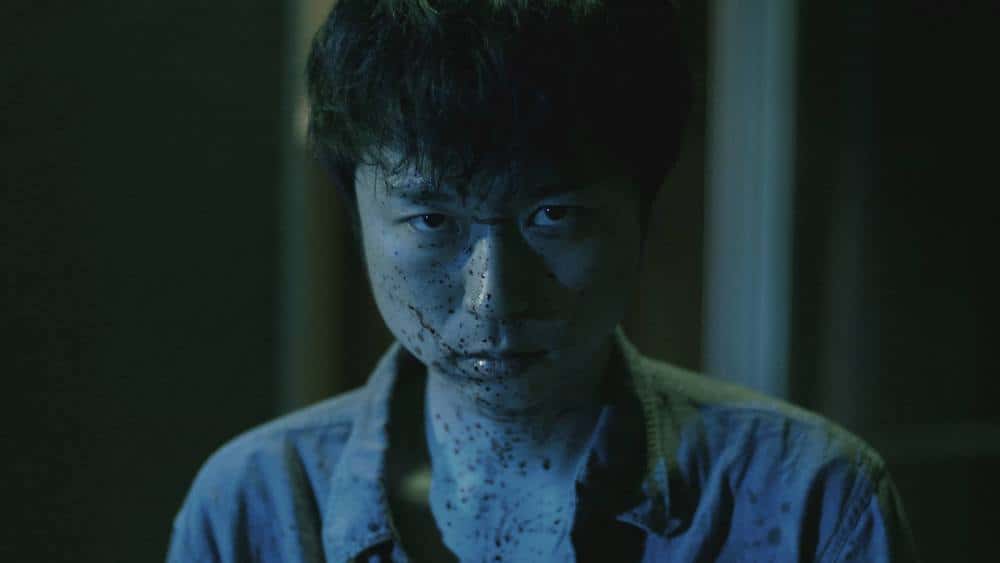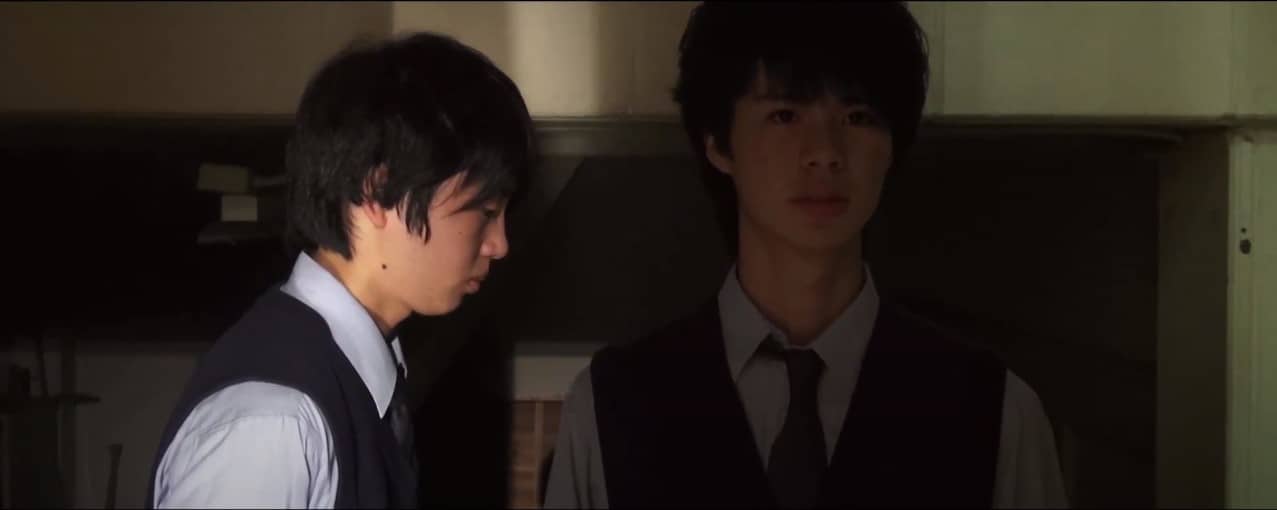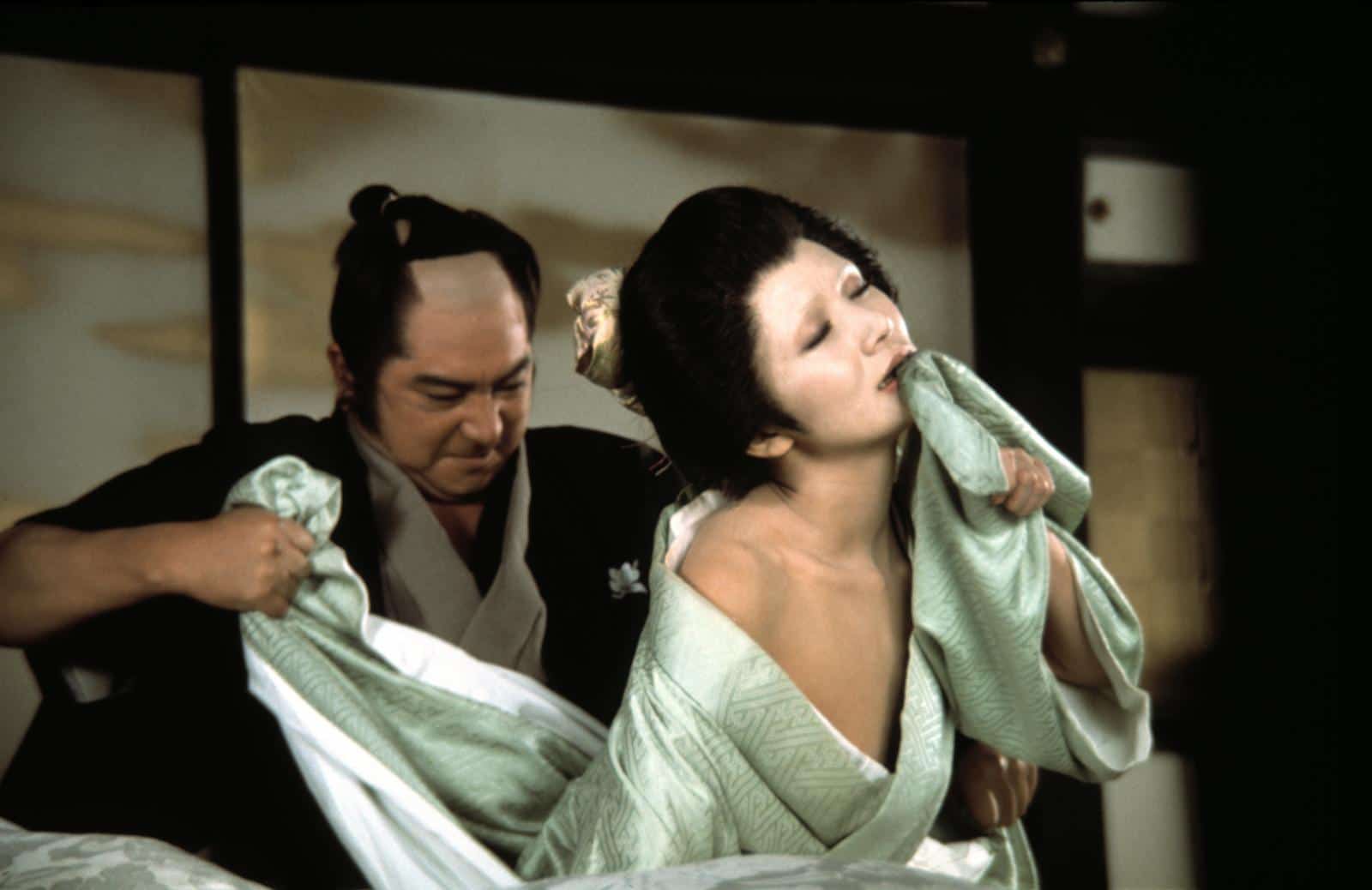Stereotyping is a sin both in art and in life. Films, both as a piece of art and as a superstructure, (to borrow a descriptor used by film critic Roger Garcia) often commit this, however, shoehorning great talents in roles that almost never really define the breadth of their competence. The late Filipina actress Cherie Gil, who local filmgoers have generally identified more as an actress suited for the role of the antagonist, has more than proven she can do more than one kind of characterization; however, in classics such as “Manila by Night” (1980) and Oro, “Plata Mata” (1982) and arguably in the most multidinous way possible in “Sonata,” a 2013 independent movie which also won her the best actress accolade at the 2015 ASEAN International Film Festival and Awards.
Check also this interview
“Sonata” is about Regina Cadena, an opera singer who experiences a downward spiral after she loses the ability to sing. It is also, though, about going back to one's roots, of tracing an identity grounded to the song and soul of a hometown and the indefatigable ability of a child to teach an adult the sine qua non of living. With her glory days behind her, Regina turns to liquor and isolates herself from the people who watched her grew up, sometimes forgetting who they are, remembering only a paramour who also abandons her during one of the darkest periods of her life. Things change when Cora, a woman whose Regina's family has taken under their steward when she was young, comes back to their province along with her son, Jonjon.
The story takes place in a rural setting, which can be tricky when the subject of opera is often associated with opulence and grandeur. Without its natural milieu, the believability of tackling the essence of opera as an art form on its own becomes more challenging. But this is where the trifecta of directors Peque Gallaga, Lore Reyes and writer Wanggo Gallaga get to show how they can make this film credible and moving in its own way, without stirring any objections related to authenticity.
The first important tool they cleverly utilized is the language. Regina and the rest of the cast effortlessly switch from English to Ilonggo, a language used in the province of Negros Occidental, and vice versa. It's not only in the dialogue, but also in the songs sang in the film, from a simple lullaby in Ilonggo to the folk song sang by the neighborhood drunkards to Regina's French opus. This sends the message across that music and the moments they create and define are not restrained nor shackled by the structure of language; on the contrary, it frees them
The second factor which makes the movie work is the infusion of childlike innocence and the magic of childhood. Gallaga and Reyes are masters at creating a whimsical world without resorting to fancy special effects, an ability they showcased before in movies like “Magic Temple” and something they again skillfully executed here by turning the farms and the railroad tracks of Negros Occidental into a giant playground.
Check also this interview
Nothing will also doubtlessly beat the imagination of a kid and the boundless wonder of storytelling, a truth they intricately inserted in the storyline. This is the bridge they created which brought the avant garde universe and tragedy of opera right into the heart of rural Negros Occidental, effectively unfolding the art of opera in an organic way as Jonjon turns into Don Giovanni and his friend, Ping, gets christened into Pinkerton by Regina.
The three gave “Sonata” its sonorous highs. Gil as Regina takes you to a journey of emotional tumult, from desperation to cold indifference, then to exuberance and willful determination. Gil gets to remind the audience through this film of her singing chops and her ability to display a plethora of emotions. In this movie, she gets to make her mark again as a quintessential actress and not just everyone's favorite villain. Chino Jalandoni as Jonjon is ethereal. He is playful and yet mature, perceptive and quite agile in employing facial expressions and language as tools for acting. Joshua Pineda as Ping is coltish and brotherly and gave the film some of its most poignant moments. They are each other's sparring partners and it's their dynamic which cemented the film's affect.
Gallaga and Reyes know how to convey moods through the camera. Through random shots to focusing to body language and nonverbal cues, they create an emotional landscape. The production is spartan, but they maximize shadows and lighting to turn them into reliable visual factotum.
“Sonata” is an interplay of music, of the traditional and foreign kind and the worlds they conceive. It is also an interlinking of identities: of what one has become, of what one used to be and who one can still be. It is an invitation to rediscover life through the eyes of a child and through the warmth of home, a community which will always know you have it in you to sing a song and carry a tune to serenade life's many, many hurtful ironies.















